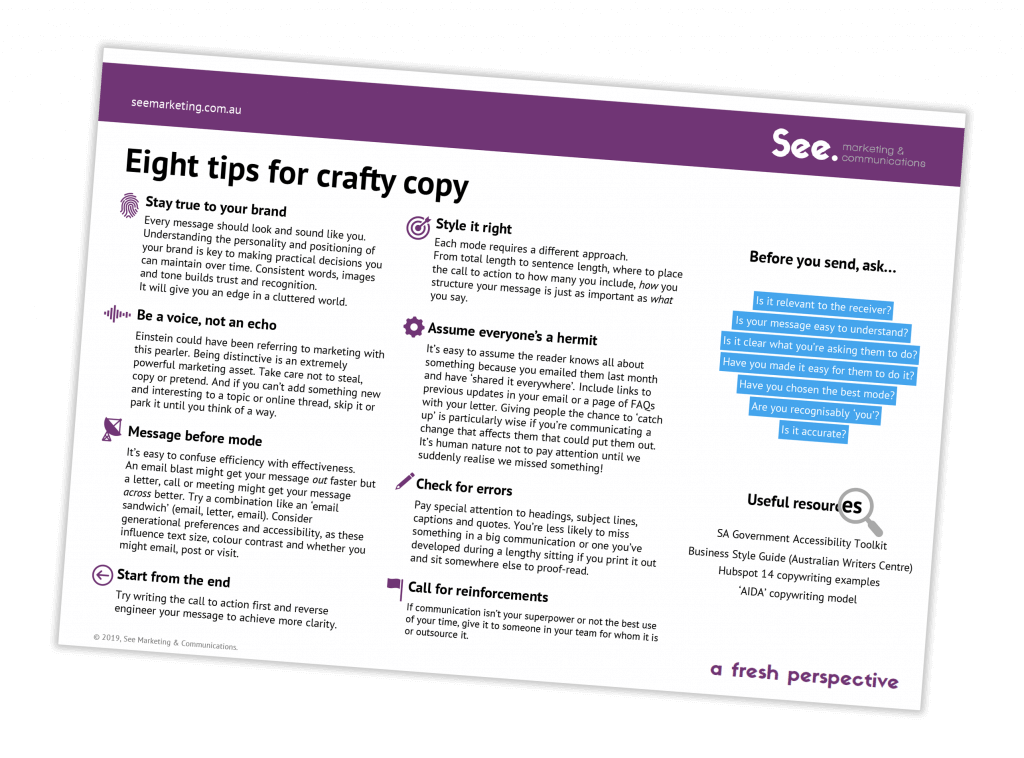Our digital age makes products and services transparent and replicable like never before. So when I think about opportunities to create meaningful competitive advantage, ProfitPLUS thinking and social enterprise come quickly to mind.
Increasingly, every part of our brand needs to pass muster. A study cited by certification group BCorp reveals that 3 in 4 millennials care as much about the company as the product they make. It’s true when they shop and there’s evidence that it also matters when deciding who they want to work for.
Millennials and Gen Ys are credited for the rise of social enterprise in Australia. There are thought to be about 20,000 social enterprises today, largely concentrated in urban areas and retail environments.
But a social enterprise tackling the rural and urban divide is George the Farmer. He’s on a mission to bridge the gap between farm and plate through education of the next generation of adult Australians. Creators of this likeable chap point to some astounding stats from a 2012 study by the Australian Council of Educational Research of year 6 and 10 students. Among the sobering statistics were these:
- 27% thought yoghurt grew on trees
- 75% per cent believed cotton socks were an animal product
- 45% couldn’t identify every day lunch box items such as a banana, bread or piece of cheese originated from a farm
Clearly, initiatives like this have the potential to be transformational even if making inroads takes time. In this case, the transformational opportunity is about more than correcting facts, but an opportunity to increase visibility and value in an industry that could otherwise be taken for granted or at worst, invisible.
I think there’s more opportunity for business in this profitplus space. By associating more strongly with relevant causes and enterprises, corporate brands can do good – AND meaningfully benefit from the reflected glow. Corporate Social Responsibility is not a new idea. But in my personal experience, it’s obvious when it’s merely tokenism. Part of the challenge is measuring the value. But a quick internet search will reveal countless articles and studies with evidence of benefits to brand awareness and image, staff retention and the bottom line.
Among them is a 2012 study of the Brazil beef industry which found making a commitment against deforestation added 12% to 23% to the net value of ranches with knock on benefits across the supply chain. And you only need to look at how much emphasis the big food retailers put into demonstrating healthy relationships with growers and suppliers in advertising, to realise measurable benefits must exist. Perhaps the opportunity is not in extending competitive advantage but in not loosing it.
Triple bottom line thinking – healthy people, profits and planet – could give us a real advantage in attracting future customers and the best talent. But it requires our approach to authentically align with our brand values, and the expectations society has of us.
This is a modified extract of a talk Tania delivered to a group of more than 80 leaders in Agribusiness at a Strategy Road Forum in Adelaide in August 2018.




